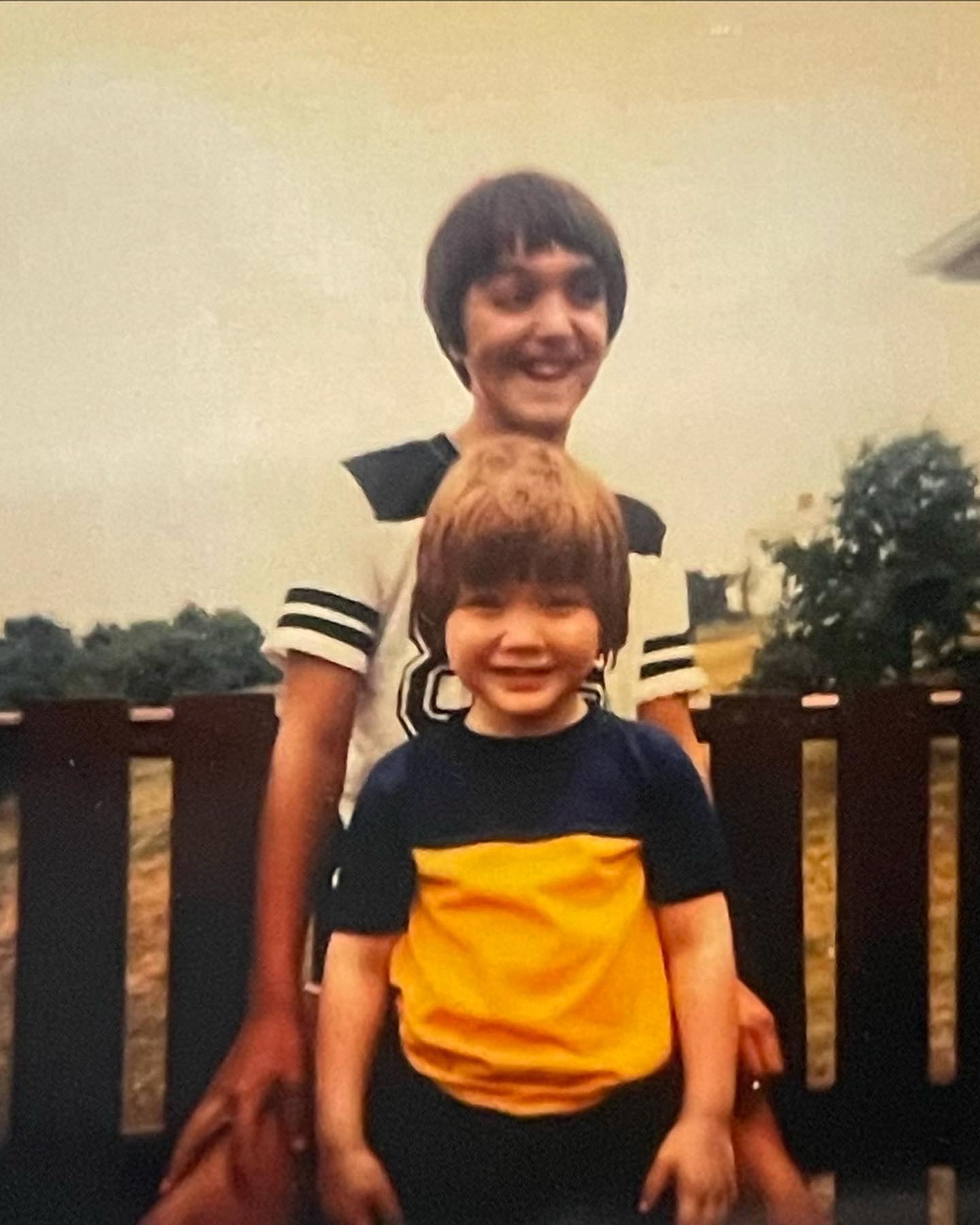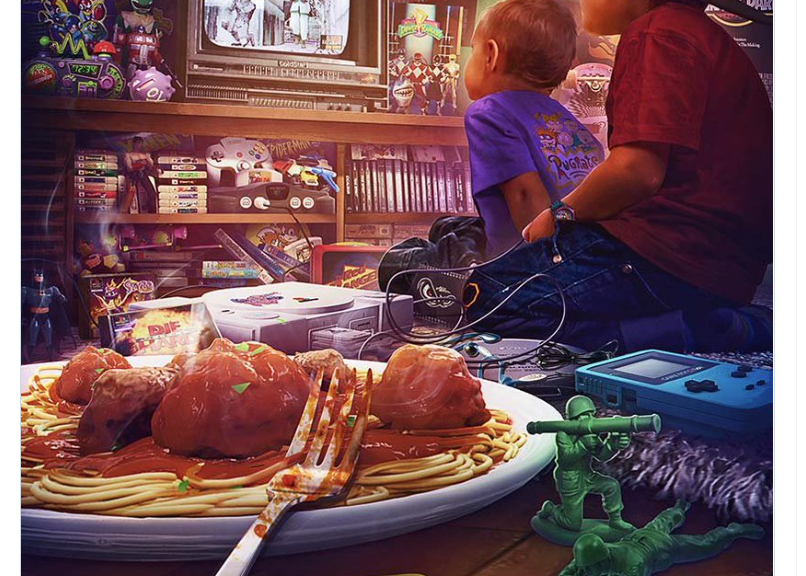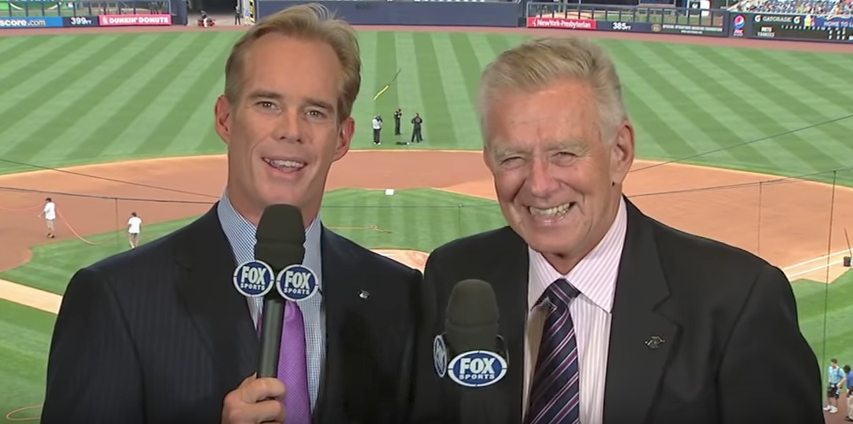Nostalgia is a powerful drug and outside of a lobotomy there’s no option to kick it completely, but it is possible to maintain a safe nostalgia habit. As someone who has trucked heavily in nostalgia over the years, I try to ground my own appreciation of the past by visualizing nostalgia as a rapid that is 100 miles wide and one foot deep: powerful currents easy to get swept up in, but without much depth. Once the remembering is done, you’re left with little more than the interview questions from The Chris Farley Show. (“Remember when you…used to watch Nickelodeon?”)
Of course, it’s fun to play “remember when…” and sometimes the practice can be restorative—for instance, when I share some obscure thing I half-remember and discover that other people half-remember it too, which assures me, if for only one brief moment, that I am not insane. The danger of a trip down memory lane comes when the remembering fools you into thinking everything was much better Way Back When. Yes, most things are terrible at the current moment, but a cursory flip through the pages of history will inform you that most things have always been terrible.
Nostalgia tends to pool around times when we were young and carefree—most typically childhood—and so what we often interpret as a “simpler time” was one in which the adults in our lives were dealing with the heavy stuff while we were too young to realize just how complicated and painful the world really was. (At least this is how I imagine many people see their pasts; my own childhood was fraught with all sorts of complication, but that’s a tale for another time.)
All this being said, there’s nothing inherently wrong with celebrating the relics of your youth, or even arguing that these things are superior to what culture offers us today, provided you don’t take such a debate too seriously. Some people do take that debate seriously, however. Very seriously. Like, trying to say “I heart the 90s” with 14 words seriously.
Continue reading Goebbels’ Babies →


